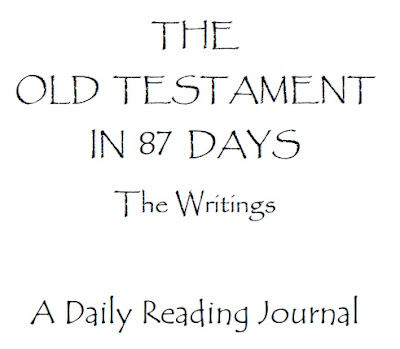Jewish poetry generally exhibits four distinct features, namely, rhythmic structures, figures of speech, vivid imageries, and intense emotional expressions. The most common form uses what is known as parallelism—a pair of statements or verses that emphasize or reinforce an idea. Figures, on the other hand, convey indirect meanings and can include symbols, metaphors, similes, metonyms, sarcasm, irony, etc. Imageries provide rich expression of thoughts that stimulate the reader's mental sensory experiences. The full spectrum of human emotions—joy and sorrow, love and hate, praise and desperation—not only lend voice to our deepest beings but also challenge us to bring ourselves into submission to the Scriptures.
On a superficial level, wisdom is gained through essential life skills by means of observations and human experiences and encompasses both natural and social relationships. Beyond that, wisdom is rooted in God's created order which makes one wise with godly understanding through divine insights and inspiration. The process of acquiring wisdom, however, cannot be divorced from religious commitments, as evident from the many references made to the Scriptures to arrive at a right interpretation of life's experiences. And while we are limited in our ability to fully discern the wisdom and ways of God in the midst of life's perplexing anomalies, the wisest thing we can and should do is maintain a constant reverential fear of God in humble dependence.
Proverbs 9:10The fear of the LORD is the beginning of wisdom: and the knowledge of the holy is understanding.













